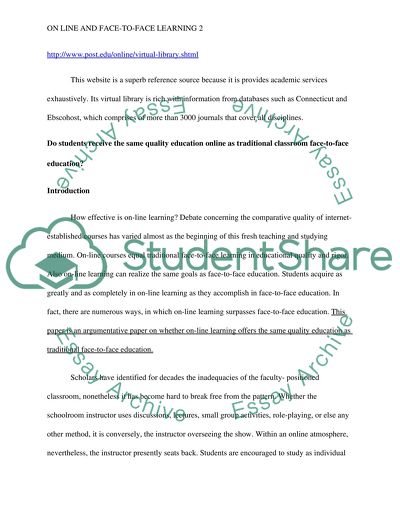Cite this document
(“Online and Face-to-Face Learning Research Paper”, n.d.)
Retrieved from https://studentshare.org/education/1462418-online-and-face-to-face-learning
Retrieved from https://studentshare.org/education/1462418-online-and-face-to-face-learning
(Online and Face-to-Face Learning Research Paper)
https://studentshare.org/education/1462418-online-and-face-to-face-learning.
https://studentshare.org/education/1462418-online-and-face-to-face-learning.
“Online and Face-to-Face Learning Research Paper”, n.d. https://studentshare.org/education/1462418-online-and-face-to-face-learning.


